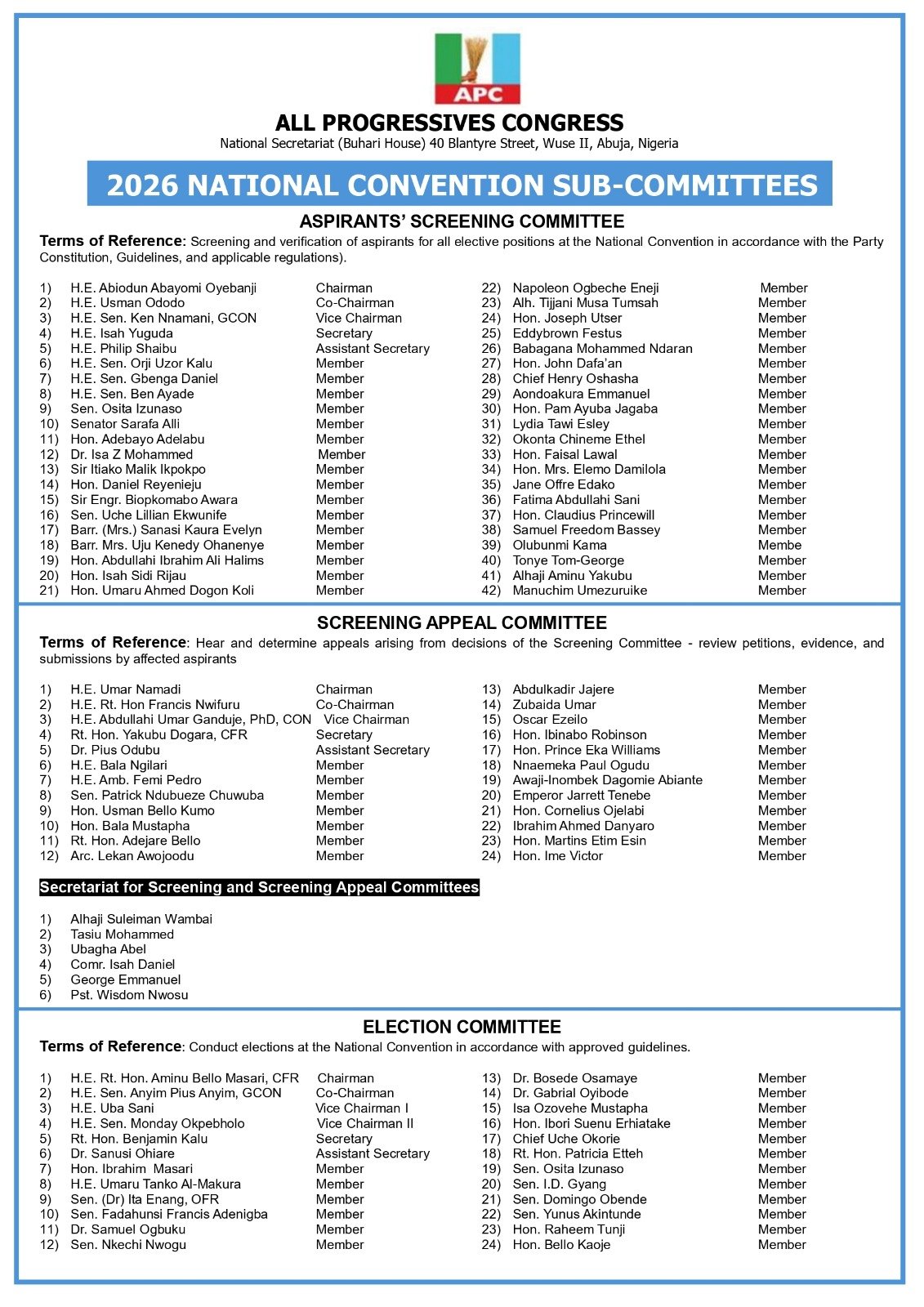
Nigeria’s Bureau De Change sector is currently facing severe obstacles that threaten its viability. Currency traders are struggling to cover essential costs like salaries, rent, and permits, painting a grim outlook for the industry.
Key Challenges:
One major issue is the restricted access to foreign currency following the Central Bank of Nigeria’s decision to halt the supply of foreign exchange to Bureau De Change (BDC) operators through official channels. This abrupt move has cut off their primary source of currency.
Furthermore, the industry is grappling with shifting customer preferences as there has been a noticeable drop in the demand for physical cash. Customers are increasingly favoring digital transactions and platforms like International Money Transfer Operators (IMTOs) over traditional cash exchanges.
Financial constraints are also squeezing BDCs, with the dwindling supply of foreign exchange and reduced customer interest making it difficult for operators to generate adequate revenue. This challenging situation has forced many BDCs to resort to temporary closures or staff layoffs to navigate their financial woes.
Current Status of BDC Operators:
Aminu Gwadebe, President of the Association of Bureau De Change Operators of Nigeria (ABCON), has warned that the sector is teetering on the edge of collapse. While acknowledging the industry’s contribution to maintaining currency stability, Gwadebe stressed that the heavy reliance on the official forex market has left BDCs in a precarious position. Operators are actively engaging in discussions with the CBN to seek solutions to their predicament.
Proposed Solutions:
BDCs are calling on the CBN to leverage their extensive network to boost liquidity in the retail market. They are pushing for policies reminiscent of those in 2015 that would grant them access to foreign exchange through commercial banks’ independent channels and allow them to facilitate diaspora remittances as intermediaries.
CBN’s Stance and Market Dynamics:
The current crisis follows the CBN’s move in June 2023 to consolidate all forex platforms with the aim of improving market liquidity and stability. The relationship between the CBN and BDCs has been tumultuous, with the apex bank initially halting forex sales to BDCs in July 2021 due to alleged involvement in illicit financial activities. Despite a brief resumption of sales in February 2024 to inject liquidity, ongoing support has not been sustained. BDC operators are now relying on sporadic, informal customer transactions, which they consider unsustainable for their operations.


